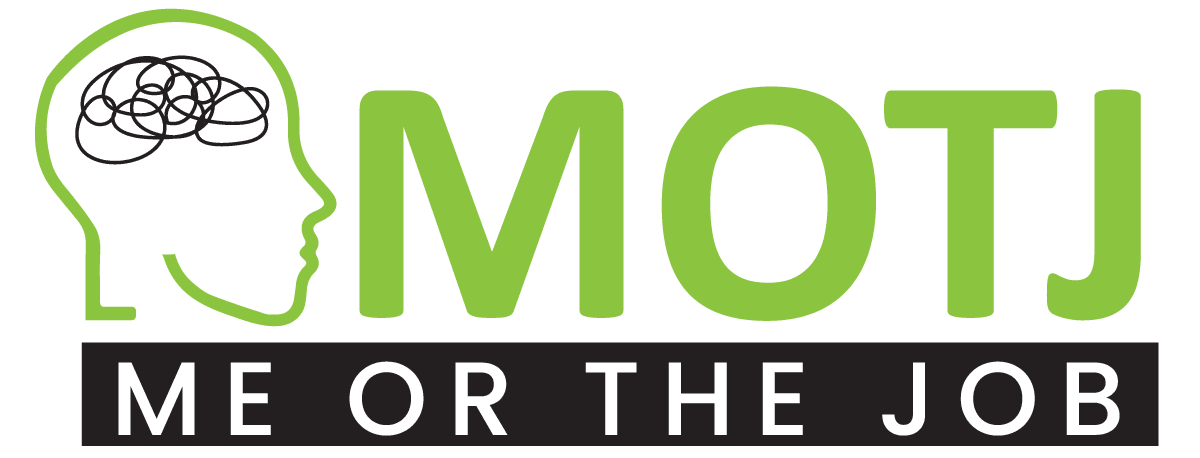Answers to Your Questions
Whether you’re curious about the coaching process, fees, or how to get started, you’ll find helpful information here to guide your journey.
Coaching is a collaborative, goal-oriented process where a coach partners with clients to help them identify and achieve their personal and professional objectives. Through a series of structured sessions, the coach employs active listening, powerful questioning, and feedback to guide clients in exploring their values, setting clear goals, and developing actionable strategies. New clients can expect a supportive environment where they are encouraged to reflect on their challenges and aspirations, gain insights into their behaviors, and receive accountability as they implement changes. This transformative journey typically unfolds over several months, allowing for meaningful progress and lasting results.
Coaching and therapy have some similarities but key differences:
- Focus: Coaching is primarily future-oriented and action-focused, while therapy often explores past experiences and emotional healing.
- Goals: Coaching aims to improve specific skills and achieve concrete objectives, while therapy addresses mental health concerns and overall wellbeing.
- Approach: Coaches act more as partners and accountability guides, while therapists take on a treatment provider role.
Both involve supportive, one-on-one relationships aimed at helping clients improve their lives
Coaching is $150 an hour. Discounts and a limited number of scholarships are available for BIPOC, LGBTQIA+, and Black males.
The Highlands Ability Battery (HAB) Package is $750. This includes the cost of the assessment, a 60-minute intake, and a 1.5-hour debrief.
The comprehensive Career Assessment is $1,100. It combines the HAB with other assessments and includes a formal written report with recommendations.
I’m committed to providing each client with the most effective and impactful coaching experience. My approach is based on research and experience that demonstrates the best results are achieved through consistent, ongoing coaching relationships.
Coaching is a process that requires time to see meaningful results. Research shows that clients typically begin to see significant progress after 6-8 weeks of consistent coaching.
Building Rapport: A strong coach-client relationship is crucial for effective coaching. This rapport develops over time and multiple sessions, allowing for deeper, more impactful work.
Implementing Changes: Lasting behavioral changes and habit formation require consistent support and accountability, which cannot be achieved in a single session.
Addressing Complex Issues: Many challenges my clients face are multifaceted and require a comprehensive approach that unfolds over multiple sessions.
Measuring Progress: Regular sessions allow us to track progress, adjust strategies, and celebrate successes, which is not possible with one-off engagements.
In short, by focusing on longer-term engagements, I ensure that you receive the support, guidance, and accountability needed to achieve your goals and make lasting positive changes.
ADHD coaching is tailored to address the specific challenges faced by individuals with ADHD. It incorporates knowledge of ADHD symptoms, executive function deficits, and evidence-based strategies for managing ADHD. ADHD coaches help clients develop skills in areas like time management, organization, and emotional regulation that are often impacted by ADHD.
Yes, many people – including myself – benefit from having both a therapist and a coach. They serve complementary but distinct purposes. A therapist can address mental health needs and underlying issues, while a coach can help with practical skill-building and goal achievement. It's important to ensure open communication between all providers.
The Highlands Ability Battery is a comprehensive aptitude assessment tool that measures an individual's natural abilities across various domains. It provides insights into cognitive strengths and preferred work styles to help guide career and personal development decisions.
Interpreting Highlands Ability Battery results typically involves a 2 – 2.5 hours debrief with a Highlands Certified Consultant (me). It includes the following:
- Reviewing your scores across different ability areas.
- Identifying patterns of strengths and potential challenges.
- Helping you understand how others see might see you.
- Considering how your abilities align with various career paths or work environments.
Yes, prepaid coaching can be a great gift for students and career switchers especially. If the recipient is open to you offer, I will follow the standard client process of a discovery call, followed by an intake session. Generally, provided that recipient is 18 or over, the content of gift recipient’s coaching session will remain private and will not be shared with you out of respect. For minors or for students whose guardians purchase the Highlands Ability Battery, we can decide the extent to which the parents will be involved in coaching sessions.
Yes, I am part of the Chesapeake Center for ADHD, Learning, and Behavioral Health in North Bethesda. I can also come to you within a 5-mile radius of 20852.
